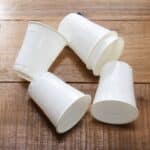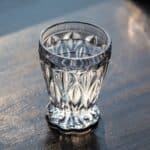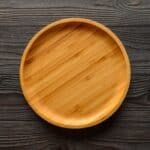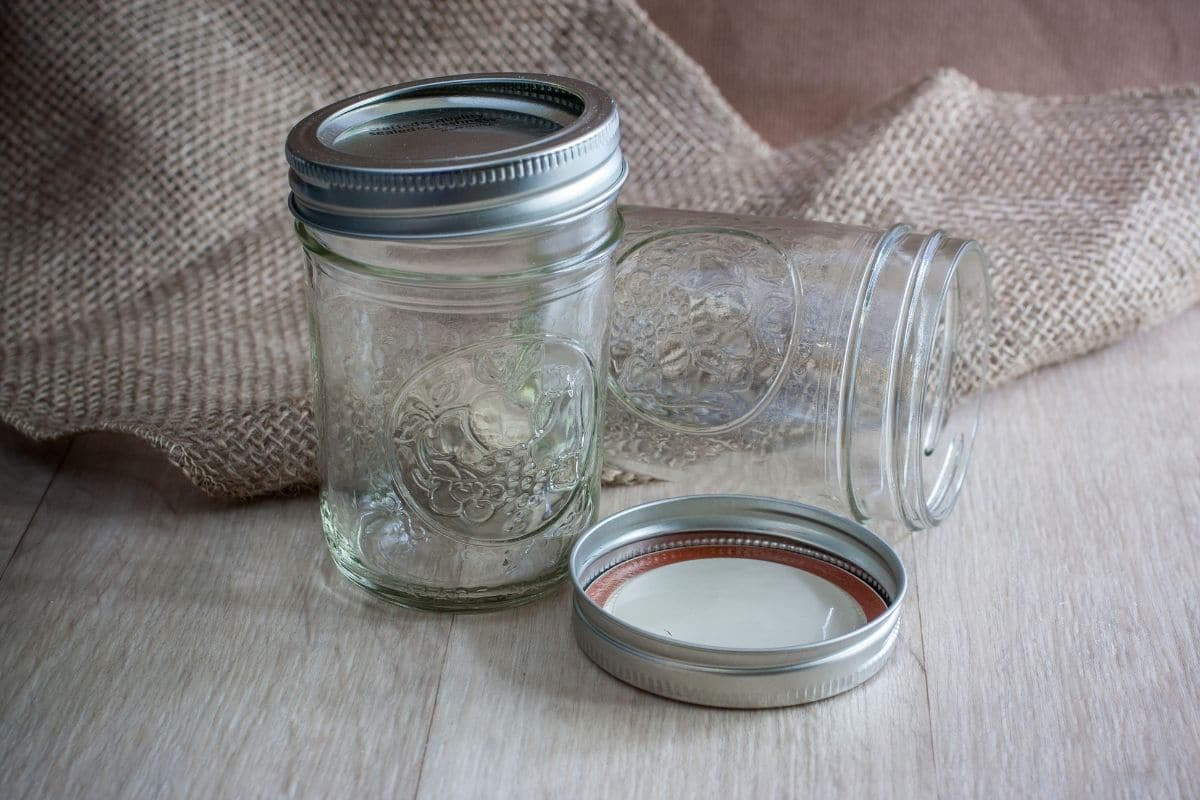
Mason jars are glass-molded jars that are used to preserve food. YES, you can microwave mason jars, BUT it depends on several factors;
One of the most important factors is the jar's age. Older jars are unsafe for microwaving as they would easily shatter under high temperatures.
Another critical factor is whether there is a microwave-safe symbol on the jar. A lot of mason jars may have this symbol, but there are a few without this symbol. Therefore, it is very important to check the jar for this symbol before microwaving.
Here are some precautions to take before microwaving mason jars:
Although most mason jars may be safe to microwave, it is important to know that microwaving the glass can still pick up heat, making it hard to get the jar out of the microwave. BE CAREFUL!
Mason jars are perfect storage containers of food for long periods of time. But over time, the mason jar lids and rings can corrode, making it difficult to remove the ring; hence the food becomes inedible.
Most mason jars are made of a soda-lime glass, which does not flex well.
As you know, we all like to do a quick defrost to eat something fast or cook something at a particular moment.
It is highly advisable not to microwave frozen food stored in mason jars. During heating up, the glass temperature changes rapidly, which causes the glass to expand rapidly. This extreme change in the structure of the glass can cause the glass to shatter.
The best solution to this is to place the mason jar in a cold water bowl and microwave it. Occasionally take the bowl and mason jar out of the microwave and change the water in the bowl. Keep repeating this process until the mason jar contents are defrosted and heated up to your desired temperature.
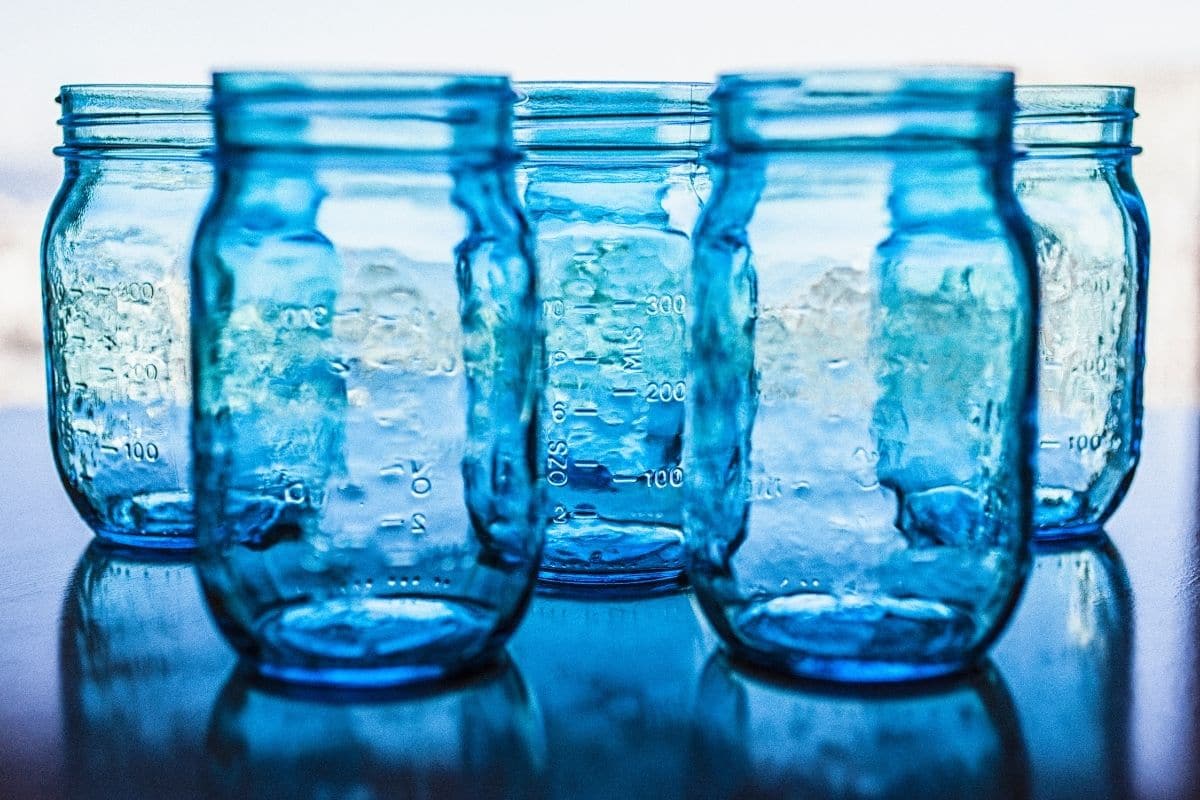
All mason jars, whether new or old, will heat up, could be challenging to handle. In this case, always have a small kitchen towel or heat resistant glove to take the hot jar out of the microwave.
In general, glass is the best microwave material because it is non-reactive, unlike metal that will give off sparks when microwaved.
This is possible with a sealed mason jar. The mason jar's lids are metallic, so they can be dangerous to microwave. YOU MUST remove the lids before placing the mason jar in the microwave!
Another suitable material that is perfect for microwaving is porcelain. Porcelain does not pick up heat and transmits the heat poorly. Therefore, porcelain is ideal for all kinds of microwaving from frozen food and mildly hot foods.
But be careful with porcelain containers that were low fired. This kind of porcelain is fragile and can explode in the microwave.
Aluminum foil is a very unsafe microwave material. Aluminum is a good reflector of microwave radiation. Therefore, putting aluminum foil in a microwave will create a counter radiation effect that might explode the entire microwave.
Unfortunately, a lot of food is stored in aluminum foil because of its good reflective abilities of heat radiation that keep food hot.
Here is a list of things you cannot microwave:
1: Stainless steel in travel mugs:
The heat will be blocked from warming the liquid, and it can damage your microwave.
The metal handles and plastic can start a fire.
Styrofoam is a type of plastic, and plastic is potentially dangerous.
4: Plastic containers: The chemicals like Bisphenol (BPA) in plastic could end up in your food.
5: Grapes: They can catch fire.
6: Plastic bags: These are unsanitary, can cause a fire, and emit toxic fumes
7: Eggs: The rapid heat builds up pressure in the egg, which causes it to explode. (Caveat - you can hard boil eggs in a microwave if you add salt to the water and take certain steps to avoid them breaking).
8: Pepper: The chemical released from them can sting your eyes and burn your throat.
Conclusion:
The mason jars are perfect for storing food, but it is always safe to check the container for microwave safety or just get the food out of the container, put it on a microwave-safe plate, and microwave it. Simple.

